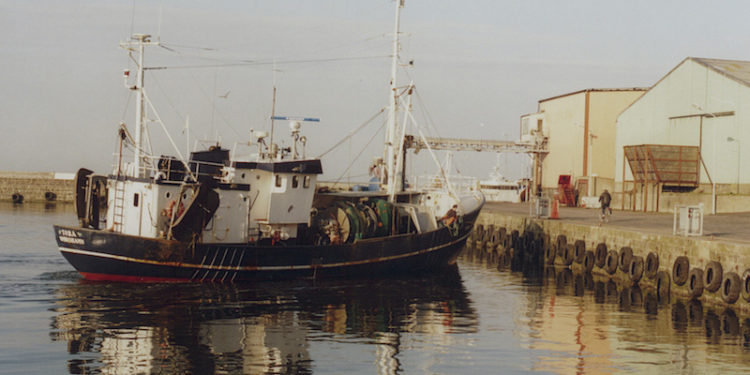Four Swedish municipalities and two county councils with Baltic coastlines are set to cooperate on local fisheries development.
Representatives from Karlshamn, Karlskrona, Simrishamn and Sölvesborg municipalities together with local fishermen and representatives of the county authorities of Skåne and Blekinge met for an initial regional meeting on co-operation around the Baltic Sea fishery and its future.
Simrishamn municipality has already taken the initiative in setting up a local fish policy with an associated action plan, and an annual fishing conference, Östersjöfiske 2020 (Baltic Fisheries 2020).
‘Simrishamn’s work on concrete issues has sparked interest in co-operation,’ said Karl-Erik Olsson of the Simrishamn municipality. ‘We can now jointly influence the state authorities in a direction that is beneficial to local fisheries in the Baltic Sea.’
Participants agreed that the state of Baltic fisheries is serious and proposed government measures do not look encouraging, and the crucial question remains of how fishing opportunities will be allocated in the future.
‘Before the summer we will have drawn up a joint proposal for how fisheries resources should be allocated in the Baltic Sea so that fishing can be ecologically sustainable, that local fishing companies are profitable and that the local fishing industry create the highest benefit to society in the coastal municipalities,’ said Vesa Tschernij, project leader at Simrishamn’s Marine Centre which focuses on key issues of sustainable fisheries and marine debris.
It was also agreed at the meeting to write jointly to the The Swedish Agency for Marine and Water Management (SaWM/HaV) and to the Ministry of Agriculture to make plain their dissatisfaction with the way SaWM manages Baltic fisheries, and to proposeregionally structured opportunities for allocating fishing access.
‘We will also invite Rural Affairs Minister Sven-Erik Bucht, together with the region’s parliamentarians,’ Karl-Erik Olsson said. It is important to highlight the issue of resources and describe our regional proposals designed to manage fishery resources in the Baltic Sea in a way in which everyone wins: nature, fishing, customers and municipalities.’









